Tag: PWGT
-
Encrypted communication: UK remains member of EU interception group
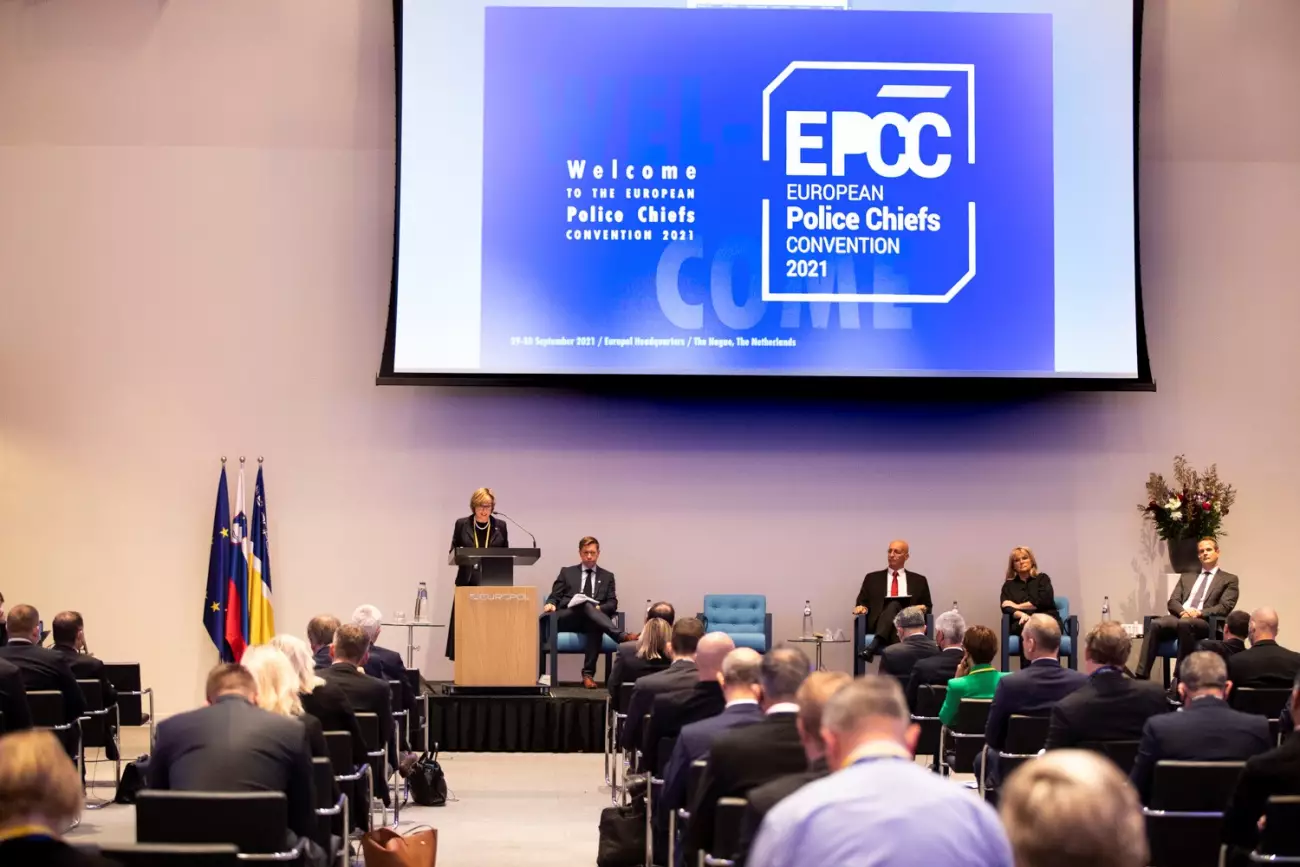
Despite Brexit, British police can influence surveillance laws in the EU. The country is also represented in European secret service circles. Notwithstanding its exit from the European Union, the British police will remain a member of a Standing Heads of…
-
Cryptowars and migration: Great Britain continues to influence EU policy

The British exit from the European Union strengthens cooperation in informal circles. One of these questionable alliances is now launching measures to decrypt secure communications. This also involves the US government. With Brexit, the UK has left the “European area…
-
Privileged third country: EU security cooperation with Great Britain after Brexit
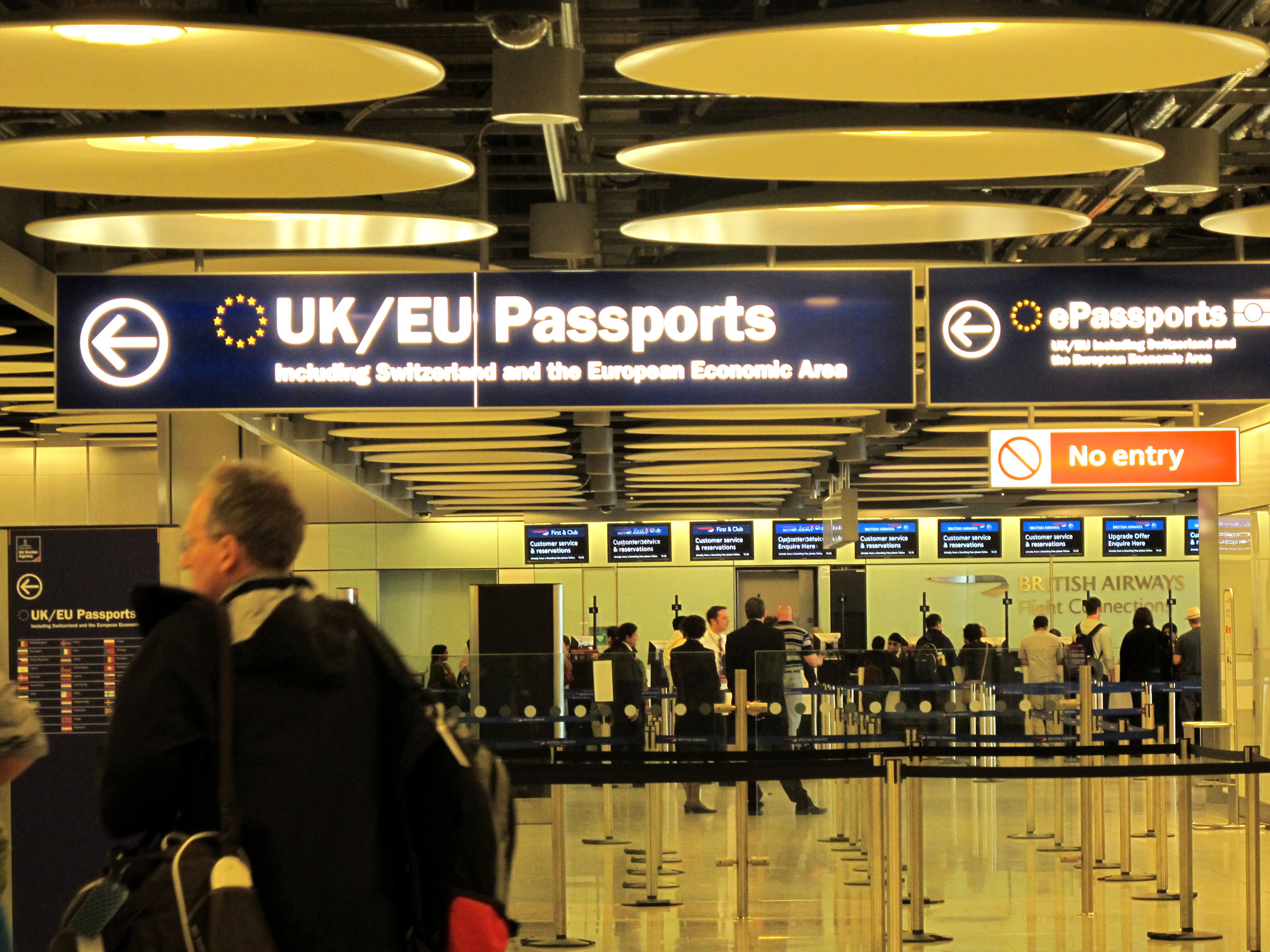
British authorities continue to participate in many EU instruments in the area of justice and home affairs, and cooperation in some cases even goes further than with the Schengen states Norway, Iceland or Switzerland. The exit from Europol and the…
-
European police networking in the twilight
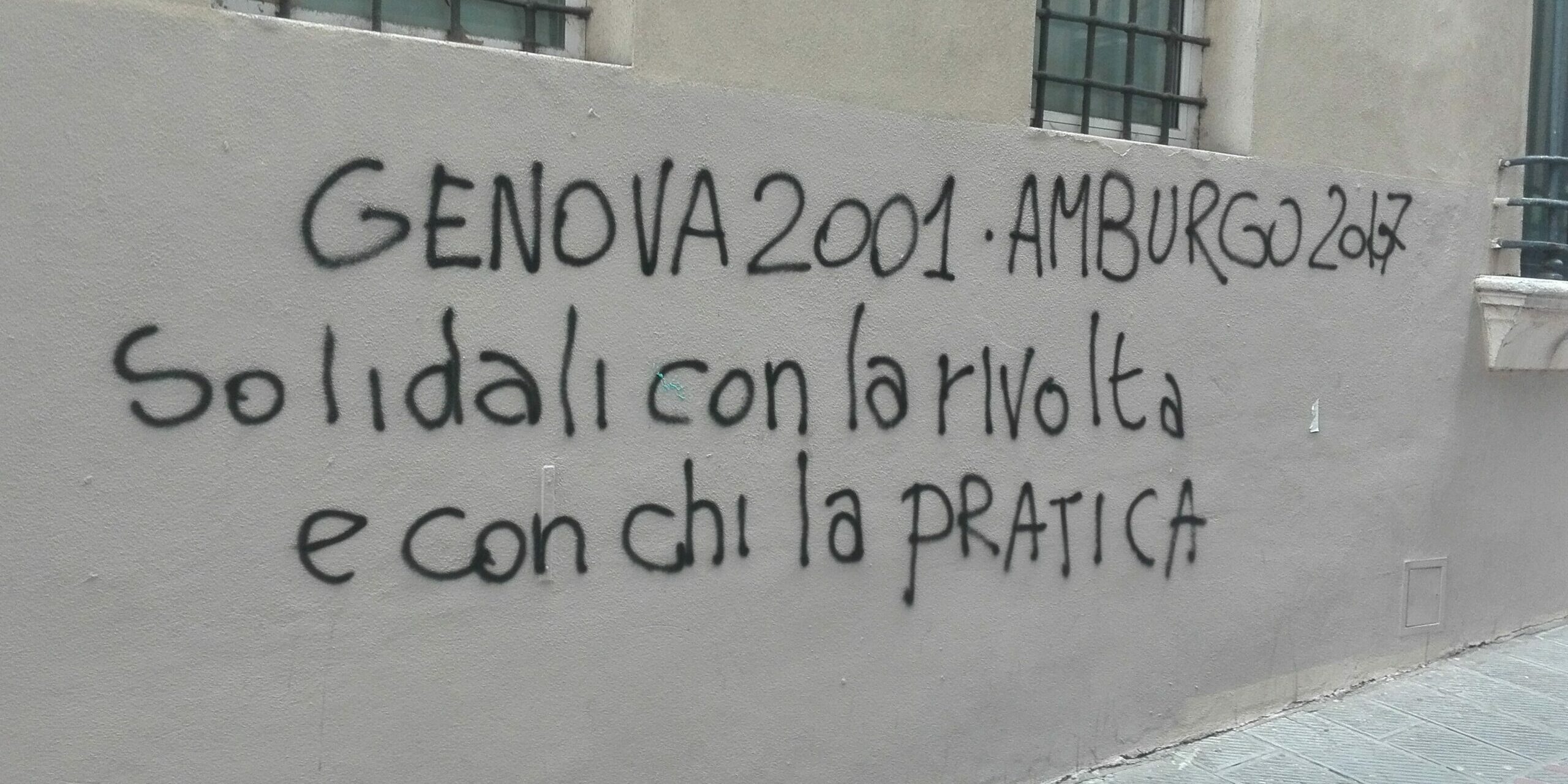
The Police Working Group on Terrorism (PWGT) consists of the political departments of police authorities in all Schengen states. The informal group was established in 1979 as a response to left-wing armed movements. After their disappearance, the purpose of the…
-
Brexit agreement: Close EU police cooperation with the UK continues
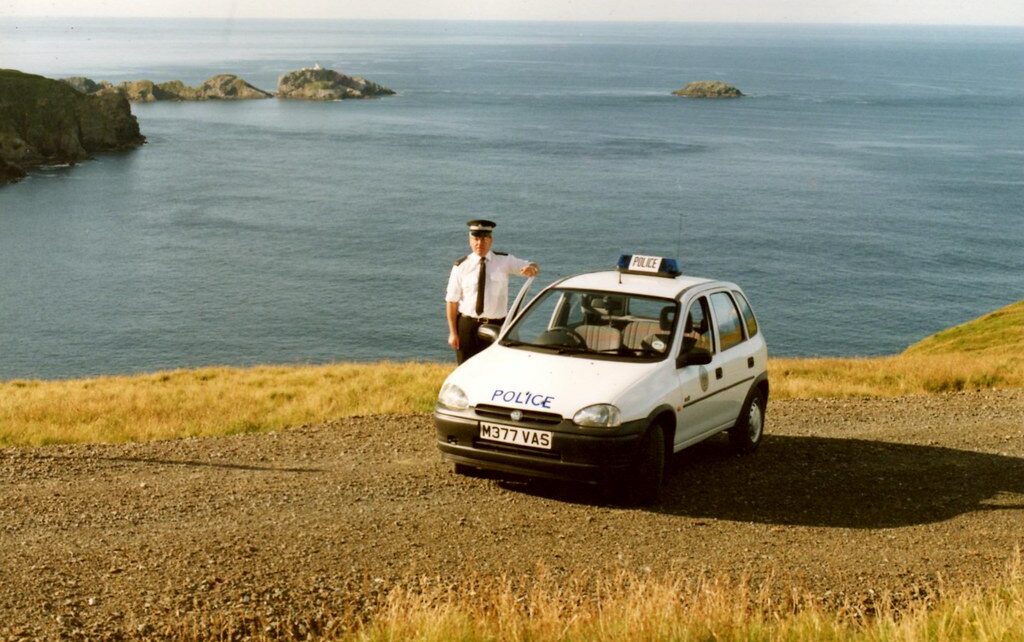
British authorities retain access to the EU-wide exchange of PNR data and are allowed to query biometric records in EU member states. Additional agreements regulate close cooperation with Europol and the rapid extradition of wanted persons. However, the UK must…
-
How European secret services organise themselves in “groups” and “clubs”
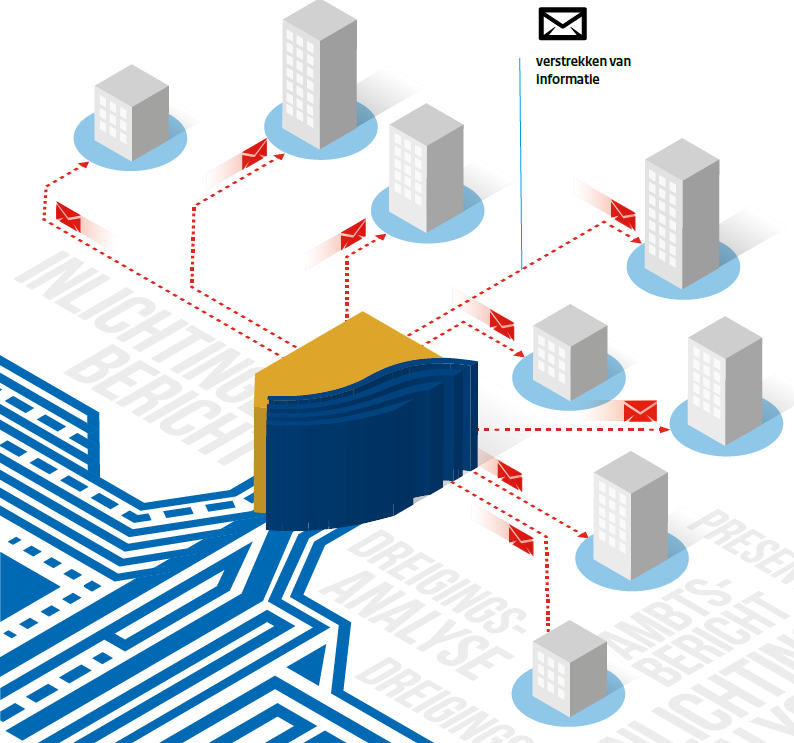
For cross-border cooperation, Europe’s secret services or their responsible ministries join together in non-transparent formats. These networks are difficult to monitor and control. “Club de Berne” and CTG One of the most important cooperations is the “Club de Berne”, in…